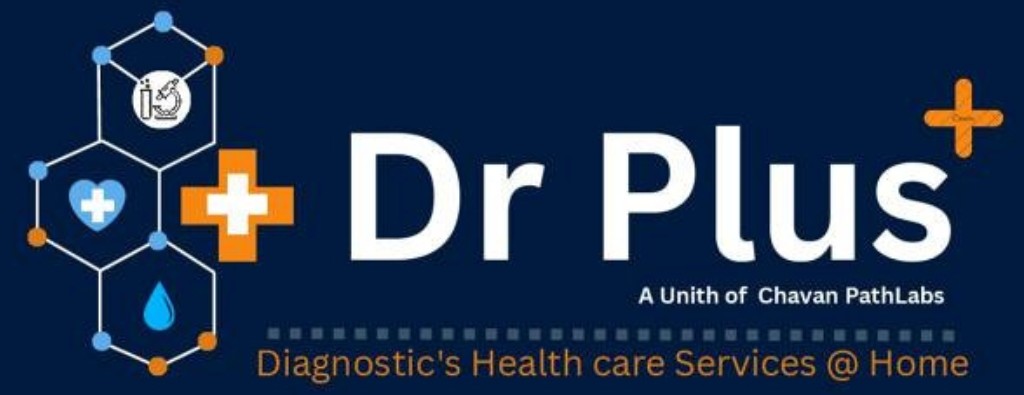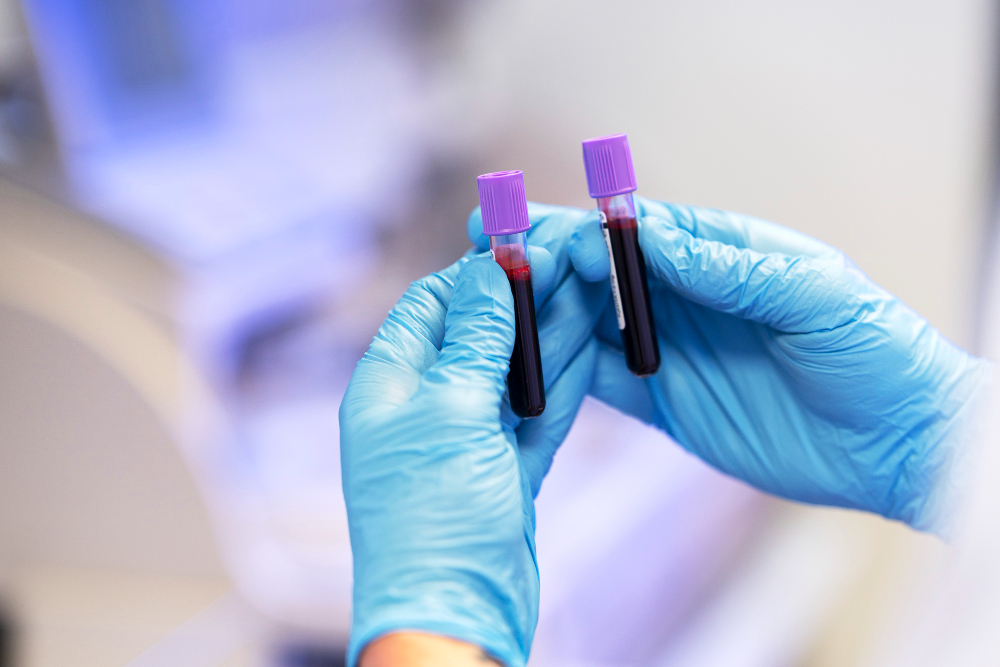What is RFT?
RFT stands for Renal Function Test. It is a simple blood test that checks how well your kidneys are working. Your kidneys help remove waste and extra water from your blood. Because of this, an RFT is also called a kidney function test. Doctors use RFT to look for signs of kidney problems early. This test measures different substances in your blood, such as urea and creatinine. These substances show how well your kidneys are cleaning your blood.
Why is RFT Important?
RFT is important because your kidneys play a key role in keeping you healthy. They help control blood pressure, balance fluids, and remove waste. If your kidneys are not working well, waste can build up in your body. Over time, this can make you feel sick. Early testing with RFT can help find kidney problems before they get worse. For this reason, doctors often suggest an RFT if you have risk factors for kidney disease.
Symptoms or Conditions Prompting an RFT
Doctors may order an RFT if you have symptoms or conditions linked to kidney problems. Some common reasons include:
Sometimes, doctors also suggest an RFT before starting certain medicines that can affect the kidneys.
How is RFT Performed? (Procedure)
Getting an RFT is quick and simple. First, a healthcare worker will clean your arm. Next, they will use a small needle to take a blood sample from your vein. The whole process usually takes less than five minutes. After that, your blood sample goes to a lab for testing. In some cases, your doctor may also ask for a urine sample. This helps give a fuller picture of your kidney health.
Understanding RFT Results
RFT results show levels of different substances in your blood. The main things measured are:
Each lab may have a slightly different RFT normal range. Your doctor will explain what your results mean. If your numbers are outside the normal range, it does not always mean you have kidney disease. Sometimes, things like dehydration or certain medicines can affect your results. For more details, you can ask your doctor about your RFT test meaning and what steps to take next.
Preparation and Aftercare for RFT
Preparing for an RFT is easy. In most cases, you do not need to fast or stop taking your medicines. However, your doctor may give you special instructions. For example, you may need to avoid certain foods or drinks before the test. After the test, you can return to your normal activities right away. If you feel dizzy or have pain where the needle went in, let your healthcare provider know. For more tips, ask your doctor how to prepare for RFT.
Risks and Safety of RFT
RFT is a very safe test. The risks are small and rare. You may have mild pain, bruising, or swelling where the blood was taken. In rare cases, you might get an infection. Most people have no problems at all. If you have concerns, talk to your doctor before the test.
Frequently Asked Questions About RFT
When to Consult a Doctor
If you notice symptoms like swelling, tiredness, or changes in urination, it’s important to talk to your doctor. Additionally, if you have a family history of kidney disease or other risk factors, regular renal function tests (RFTs) can help catch potential problems early. Early testing can identify issues before they become serious.
If you have concerns about your kidney health or RFT results, consult a healthcare specialist at Dr. Plus Diagnostic Centre for personalised advice and clear answers to your questions.

